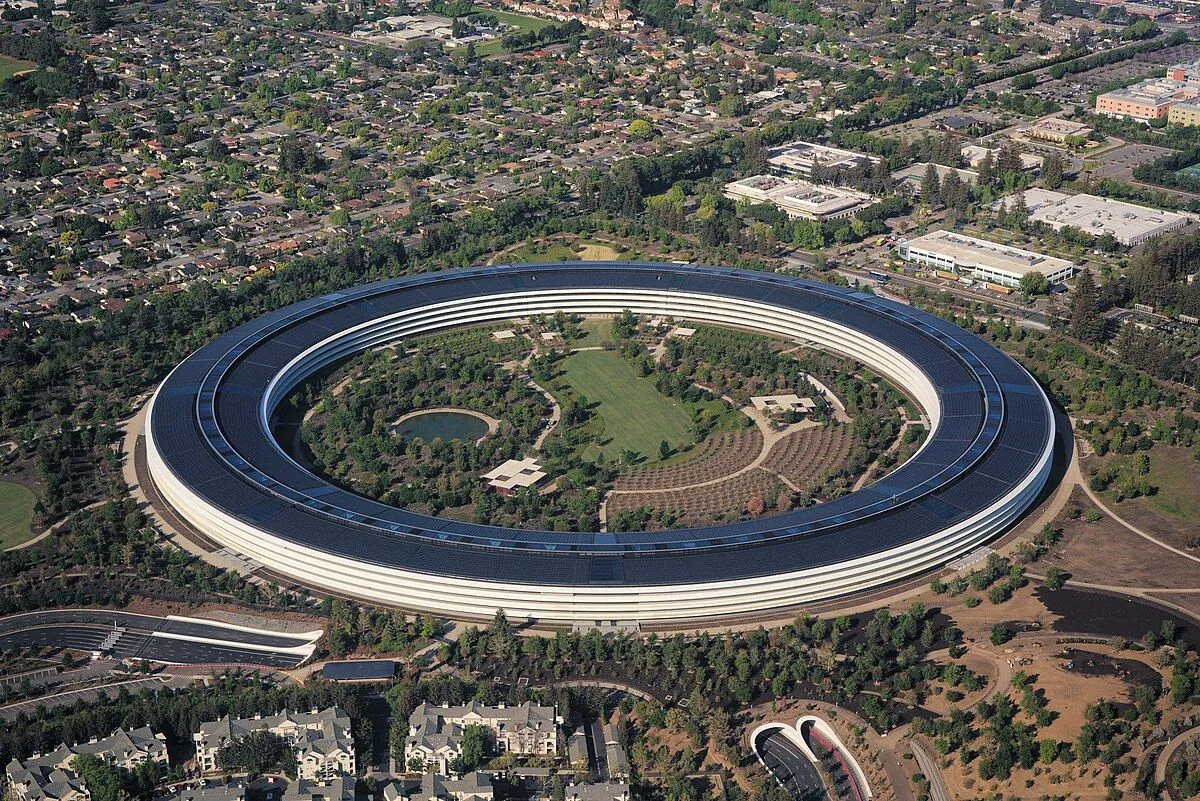Apple Ordered to Pay €13bn in Irish Tax Case After EU Court Ruling
Apple loses decade-long tax dispute with EU, ordered to pay €13bn to Ireland. Court rules company received illegal state aid, decision final. Apple disagrees, maintains fair tax practices.

In a landmark decision, the Court of Justice of the European Union (CJEU) has ruled that Apple must pay €13 billion (£11 billion) to Ireland, concluding a protracted tax dispute spanning over a decade. The verdict, delivered on Tuesday, determines that the tech giant benefited from illegal state aid through preferential tax arrangements with the Irish government.
This ruling marks the culmination of a legal battle initiated by Margrethe Vestager, Europe's competition chief, who first ordered the payment in 2016 following a two-year investigation. The case has seen several twists and turns, including a 2020 decision by a lower EU court that overturned the original ruling after Apple's appeal.

The CJEU's decision is final and cannot be appealed, necessitating the release of funds that have been held in an escrow account since 2018. This outcome represents a significant victory for Vestager's efforts to crack down on tax practices of multinational corporations within the EU.
In its ruling, the CJEU stated: "On appeal, the Court of Justice sets aside the judgment of the General Court and gives final judgment in the matter, conversely confirming the Commission's decision." The court found that Apple had benefited from tax rates as low as 0.005% since 1991, resulting in substantial underpayment of taxes.
Apple, founded in 1976 by Steve Jobs, Steve Wozniak, and Ronald Wayne, has consistently maintained its compliance with tax regulations. The company asserts that it has paid $20 billion (£15 billion) in taxes on the relevant profits in the United States. An Apple spokesperson emphasized, "This case has never been about how much tax we pay, but which government we are required to pay it to."
The tech giant, which achieved a market capitalization exceeding $3 trillion in 2022, expressed disappointment with the decision. Apple stated, "We always pay all the taxes we owe wherever we operate and there has never been a special deal."
This case highlights the ongoing scrutiny of tech giants' tax practices by the European Union, which has been intensifying in recent years. The EU's competition policy, aimed at ensuring fair competition within the single market, has been particularly focused on the tax arrangements of large multinational corporations.
"Total political crap"
Ireland, known for its low corporate tax rate of 12.5%, has been a favored location for many tech companies. The country's economy, often referred to as the "Celtic Tiger" due to its rapid growth in the late 20th century, has benefited from attracting large multinational corporations.
In a separate but related development, the CJEU also upheld a €2.4 billion fine against Google, initially imposed in 2017 for abusing its search dominance to boost its shopping service. This decision further underscores the EU's commitment to regulating the practices of tech giants within its jurisdiction.
As this landmark case concludes, it sets a precedent for future tax disputes involving multinational corporations operating within the European Union. The outcome reaffirms the EU's stance on fair taxation and its determination to address what it perceives as unfair tax advantages granted by member states to large companies.


































